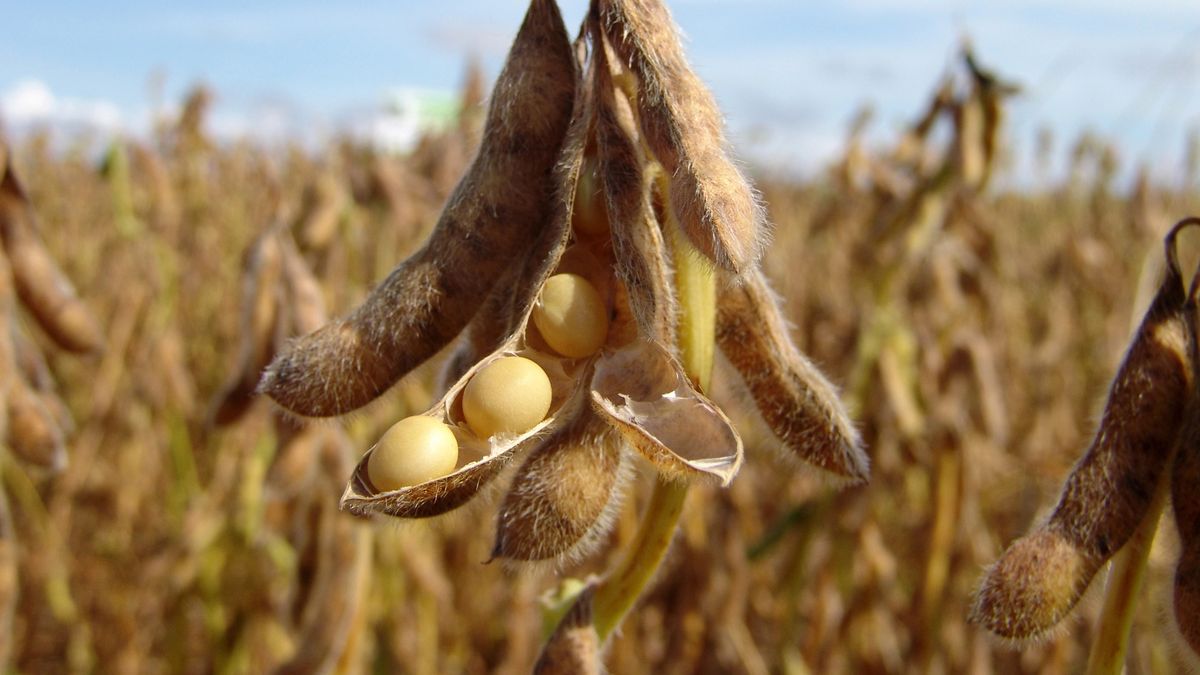Despite the drought and the special dollar that sought to speed up marketing, there are still more than 10 million tons in the hands of producers.
the campaign of soy 2022/23 will go down in history as one of the worst that Argentina had to go through, with a productive drop of around 50% due to the drought and a decimated foreign exchange income since it is estimated that this year they will enter a total of around of US$20,000 million less. In this context, the Government sought to accelerate the entry of dollars into the sector thanks to a differential exchange rate that managed to raise around US$5,000 million; a measure that, although it reached the amount estimated by the ruling party, in practice left little taste. Looking ahead, what stands out is that, with an estimated oilseed harvest of around 21 million tons, around 10.6 million tons remain to be soldthat is to say, more than 50% of the total produced.
The content you want to access is exclusive to subscribers.
In practice, as can be seen from the official marketing records carried out by the National Secretary of Agriculture, soybean marketing in the current cycle is 7 points below last season at the same time and also below the average of the last five years. Definitely, the producers are withholding the grain despite the drought and the financial needs that they must face in view of the next wheat planting that will begin shortly.


In this sense, in the sector they emphasize that soybeans are considered an essential value refuge for the producer and more so in times of uncertainty. More concretely, the gaze is set on the elections and on the possible change or not of the economic course. One of the difficulties they pose is that the gap between the official dollar and the parallels discourages selling decisions, especially considering that local soybeans are trading below the Chicago blackboards.
On the political level, in the countryside they continue to demand a drop in withholdings on oilseeds and cereals, something that in practice and with the country’s need for resources seems hardly feasible. The truth is that some opposition candidates promise to execute a tax reduction if they are elected. Something similar happened when Mauricio Macri became president in 2015, who removed the withholding taxes on wheat and corn and reduced those on soybeans, but that did not last long since in 2018, and after borrowing from the IMF, the tax came back to stay
Beyond the political speculation behind the withholdings, to this panorama is added, in addition, that in the oilseed milling industry they emphasize that this year it will be necessary to import more soybeans to cover the agreed export commitments. A complex scenario taking into account, moreover, that Argentina could cede its place as leader in by-product exports to Brazil.
Source: Ambito




